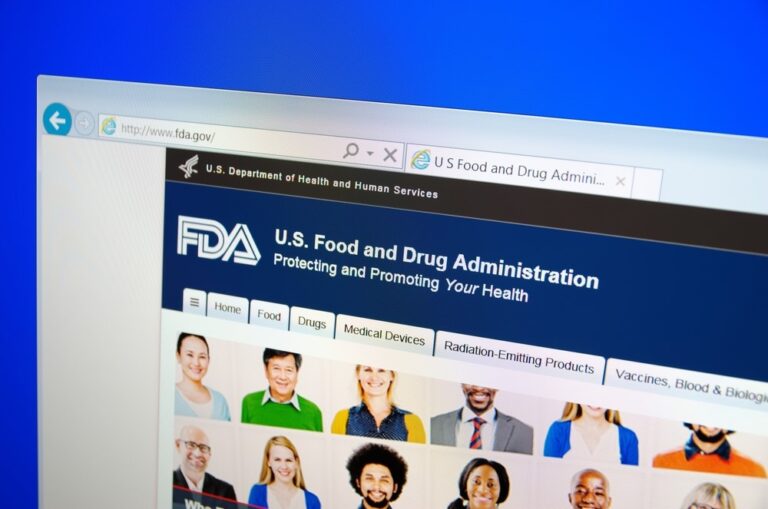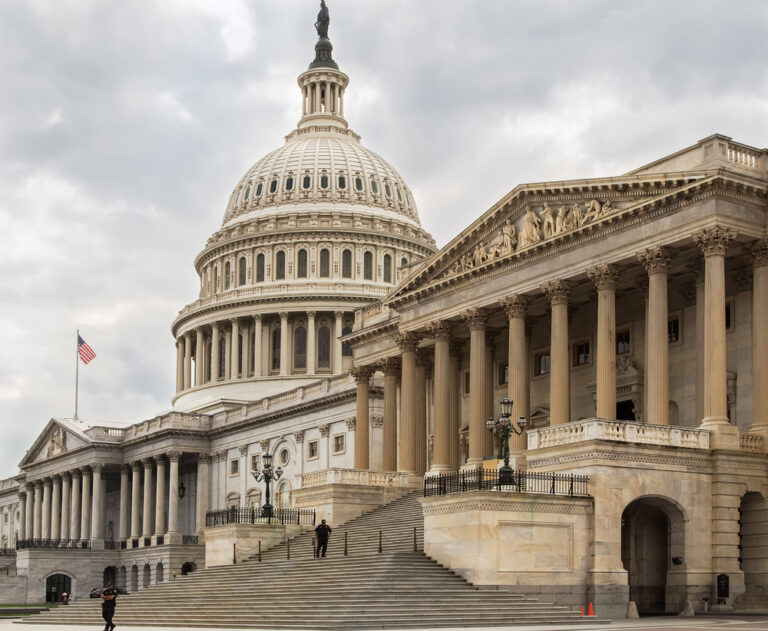July 14, 2017 – Members of the House Energy and Commerce Health Subcommittee on Health and those providing testimony about two pieces of off-label communication legislation held positions that fell into two camps at a July 12 hearing: (1) Those who believe the current regulatory scenario for off-label communication is nimble and protects the public health; and (2) Those who believe that the current situation – where the courts frequently decide the issue — puts doctors and patients at a disadvantage.
Although Subcommittee Chair Michael Burgess (R-Texas) said that “this is an important issue that can and should be bipartisan, allowing us to clearly establish the rules of the road so that when companies share off-label information, they do so responsibly and in the appropriate context,” members fell into camps along party lines.
Rep. Al Green (D-Texas) said that the proposed legislation has “far-reaching” implications, “would undermine public health” and would “weaken consumer confidence.” Committee Chair Rep. Greg Walden (R-Ore.) asserted that the FDA has addressed off-label policy in “a piecemeal fashion with non-binding guidance that falls short.” He also stated that because of the “vast amount of uncertainty” in this area and the “mishmash of court decisions,” “it is past time for Congress to act.”
“While it’s important for the Congress to debate the issue, good public health policy and the First Amendment are going to force a change in FDA off-label policy to enable drug sponsors to tell the truth about new science to prescribing doctors,” said Coalition for Healthcare Communication Executive Director John Kamp. “It’s unfortunate that it has become a partisan issue in Congress because this is not about politics, it’s about enabling optimum information sharing, good medical practice and advancing the public health,” he noted.
The Health Subcommittee convened to discuss two draft bills that were offered as amendments to FDA user fee reauthorization legislation, which was passed by the House on July 12 without including any of those provisions.
The “Medical Product Communications Act of 2017’’ (HR 1703), introduced in March by Rep. Morgan Griffiths (R-Va.), seeks to better define intended use and allow manufacturers greater latitude in speaking about off-label uses. The “Pharmaceutical Information Exchange Act” (HR 2026), introduced by Rep. Brett Guthrie (R-Ky.) in April, is narrower in scope and seeks to define how drug companies can communicate healthcare economic information or scientific information with payers, formularies or review committees.
Ranking minority member of the full committee Rep. Frank Pallone (D-N.J.) expressed concerns that the Guthrie bill “would blow a hole in the current approval process by allowing the communication of any scientific evidence or healthcare economic information to payers or formularies without any recourse for the FDA to prevent bad actors from communicating false or misleading communication.” He called this “a risk that we simply cannot ignore.”
Sidley Austin Partner Colleen Klassmeier, testifying on behalf of the Medical Information Working Group, said that the FDA’s rules on this topic “are neither clear nor precise,” and that “decisions to prescribe and use lawfully marketed drugs and medical devices in ways that differ from the FDA authorized labeling … are a constituent part of medical and surgical practice and can also be the standard of care.”
Klassmeier told the subcommittee that although the FDA “has long recognized the need for prescribers to receive, and for manufacturers to have some ability to provide information outside of product labeling to help support clinical decision making,” which it can lawfully provide, the safe harbors for these actions (scientific exchange, responses to unsolicited requests, continuing education/reprints and clinical practice guidelines) “are a mess, and as a result, manufacturers can’t confidently rely on the safe harbors,” a scenario which has “public health consequences.”
In her view, legislation may be necessary “because FDA action has been slow and ineffectual.” She added that where FDA has taken action, “the policy has tacked in the wrong direction, becoming less clear and even more speech restrictive. For these reasons,” she said, “it would be helpful for Congress to step in and set the overall policy direction for FDA to implement. Legislation is also more durable than unilateral FDA action.”




